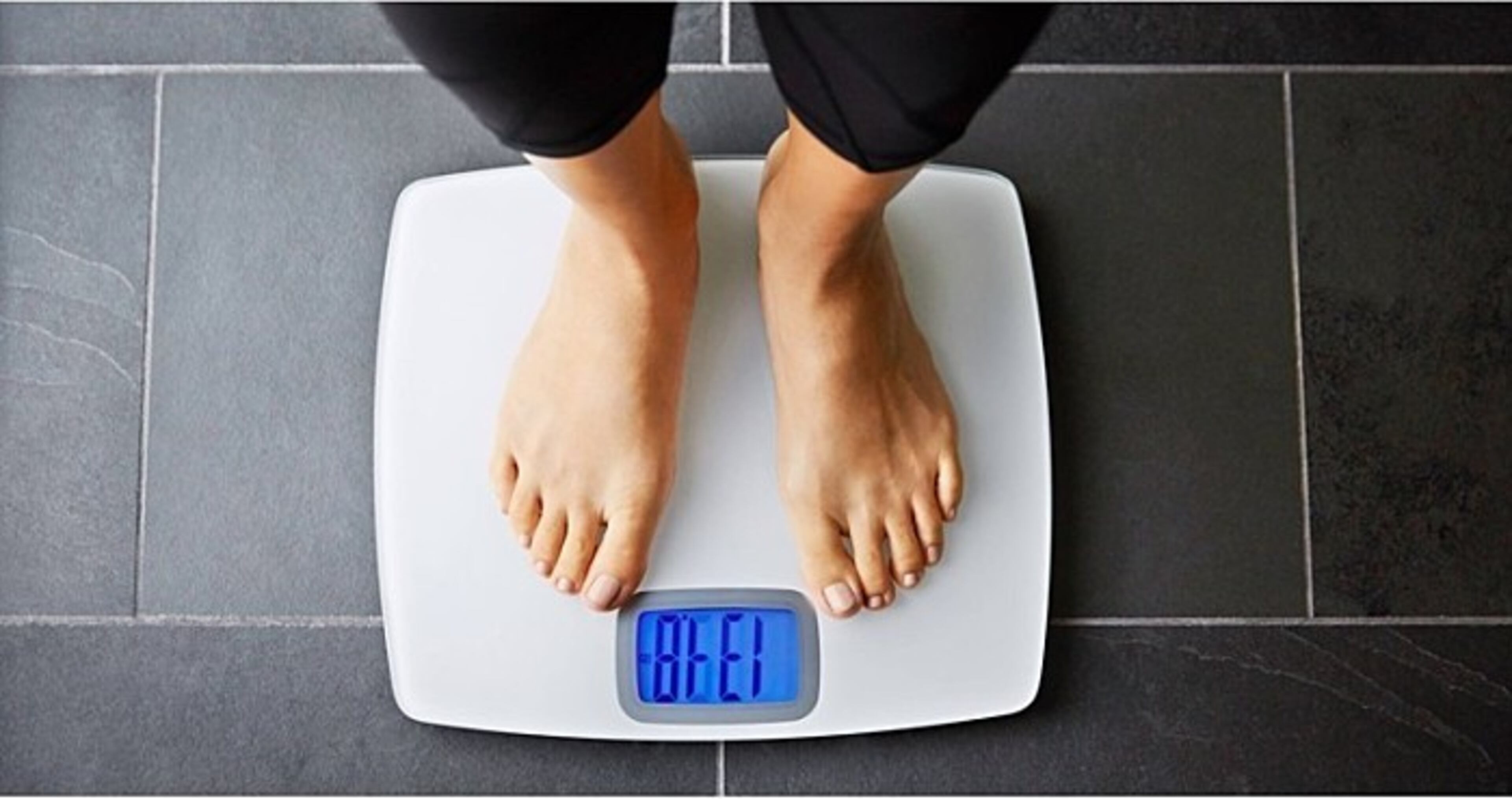The truth about the Quick Weight Loss program
Quick Weight Loss became popular around 2009, when radio talk-show host Rush Limbaugh began promoting the program after losing about 80 pounds on the diet.
Although Quick Weight Loss Centers have yet to expand outside of the metro Atlanta area, the program can be joined online from anywhere in the United States. Even with celebrity endorsements, it’s hard to tell if QWLHowever, with all the popular diets out there, many of which are backed by celebrities, its hard to know which ones to trust.
Of course, different things work for different people. But if you're aiming to lose weight in 2018 and checking your options, here's five things you should know about the Quick Weight Loss program.
1. You can keep eating real food
If you're worried about having to go on an all juice diet or some other extreme, this program won't require any of that. Instead, Quick Weight Loss puts you in consultation with a counselor that will tailor make an eating plan customized to your specific profile.
You'll be able to eat real grocery store food, while also getting advice on how to approach dining out. According to the Quick Weight Lost website, the program offers "a completely flexible nutritional plan so you'll enjoy a variety of healthy foods."
On the diet, you'll consume about 1,500 calories per day, and you'll be advised to take a few additional supplements.
2. How does the consultation work?
When you start the program, you'll be matched with a counselor who evaluates your specific profile, goals and health issues. Do you have diabetes? Heart issues? Take any medications? Your counselor will review all these factors with you, ensuring an optimized diet matching your needs, restrictions and weight loss goals.
Some of the counselors have been through the program themselves, giving them direct experience with the diet's positive results. Throughout the program, counselors will also be there to guide you and advise you, providing the moral support you need to stick to the program.
3. The program is divided into phases
The program is divided into three phases: rapid results, stabilize and support, and maintain your goal.
During the first part, you'll start your new diet plan and be in regular consultation with program counselors. As you progress toward your weight goal, counselors will reevaluate your diet plan during the programs second phase. This will ensure you can easily stick to the diet while also continuing to lose the extra pounds.
Even after you reach your goal, you have to set established patterns to keep the pounds off for good. Phase three is all about maintaining the results you've achieved.
Although exercises is always important for your health, the Quick Weight Loss program doesn't advise any additional physical activity. It focuses instead on adjusting your diet to your lifestyle, regardless of how inactive or active you are.

4. How much weight can I expect to lose?
While everyone's results will vary, and a lot depends on whether or not you stick to the plan, the program promises weight loss of one to three pounds per week. However, it's important to note that while an abrupt change of diet may yield quick weight loss, keeping the pounds off is the hard part.
5. What are the drawbacks
Although you will likely lose weight on the program, Livestrong cautions against gaining "most of it back" later.
"This type of dieting decreases the efficacy of your metabolism. When you go back to a regular diet, your body may not metabolize the calories effectively; the excess calories are then stored as fat."
But if you stick to your new diet moving forward, you'll be able to maintain your new weight level.
Diets in Review also warns that not all of the diet program's rules are based on established science. At the same time, the program has clearly helped thousands of people reach their goals. Before embarking on any diet plan, consulting your doctor is always a good idea.
If you're serious about losing weight and keeping it off, this plan might just work for you.

